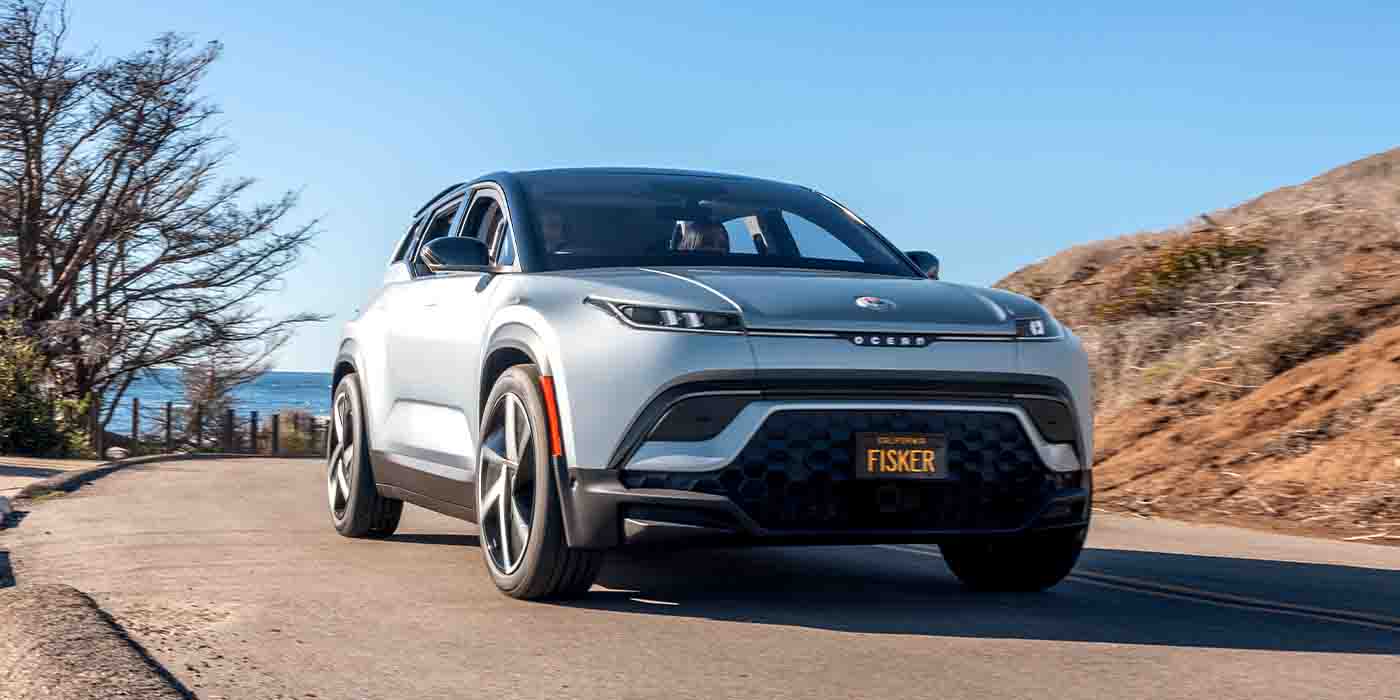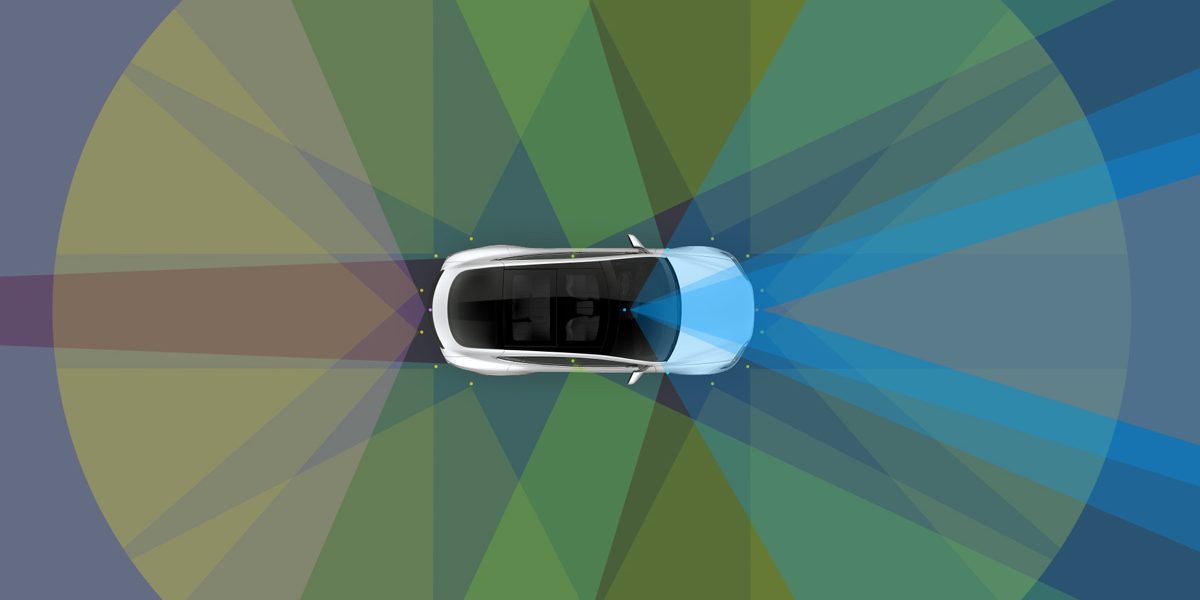
Automakers are continuing to improve their electric vehicles, expanding the selection of models, and (finally!) running some substantial ad campaigns for their EV offerings. Some of them are talking huge games for the future, making headlines with plans to introduce dozens of new EVs, and even to phase out gas-burners.
However (surprise, surprise), most of the companies’ production plans fall far short of the grandiose (but vague) goals found in their press releases. Furthermore, most of them are actively lobbying against climate action by governments.
According to a new report by InfluenceMap, as it stands now, major automakers will fail to meet the necessary goals to keep global warming below 1.5 degrees C, the level that many scientists consider the threshold for avoiding catastrophic and irreversible damage to the Earth’s climate.
The report compared automakers’ production forecasts to the International Energy Agency’s 2050 road map, which found that 57.5% of light-duty vehicle sales must be zero-emission by 2030 in order to keep temperatures below the 1.5-degree level.
The report graded 12 automakers in terms of their future production plans and lobbying efforts—and 11 of them fell short. Current industry production forecasts may even put the world on track to exceed 2 degrees C of warming.
The report noted that most companies tend to advocate for better climate policy in direct proportion to their future EV production goals. BMW, Stellantis, and Mercedes are exceptions—all have publicly announced ambitious electrification plans, but behind the scenes, they actively lobby against climate action.
Companies’ regional sales targets reflect the level of pro-EV government policy (or the lack thereof). For example, Toyota says it plans to make EVs 49% of its sales in the EU by 2029, but in the US, where federal climate policy is far weaker, the automaker predicts that only 3% of its sales (!) will be EVs by that date.
Automotive industry lobbying groups consistently oppose climate action by governments, and every automaker named in the report—except Tesla—participates in at least one lobbying group that is actively fighting against anti-pollution regulations.
Tesla, the only company that sells no fossil fuel vehicles, was the only one that earned a decent grade—a B—for its lobbying efforts. InfluenceMap found that, although the company generally lobbies in the right direction, its lobbying activities are less extensive and less effective than those of legacy automakers. (InfluenceMap didn’t comment on the company’s CEO, who has called for increased oil drilling, and supports politicians who are strong foes of action on climate change.)
Outside of the big three auto markets—China, the EU and North America—the situation is even worse. Automakers’ plans to sell EVs in developing markets are miniscule, and in fact, they are widely expected to expand their policies of dumping their most polluting vehicles in countries that already struggle with some of the world’s worst air pollution.
Source: InfluenceMap via Electrek
Source: Electric Vehicles Magazine






